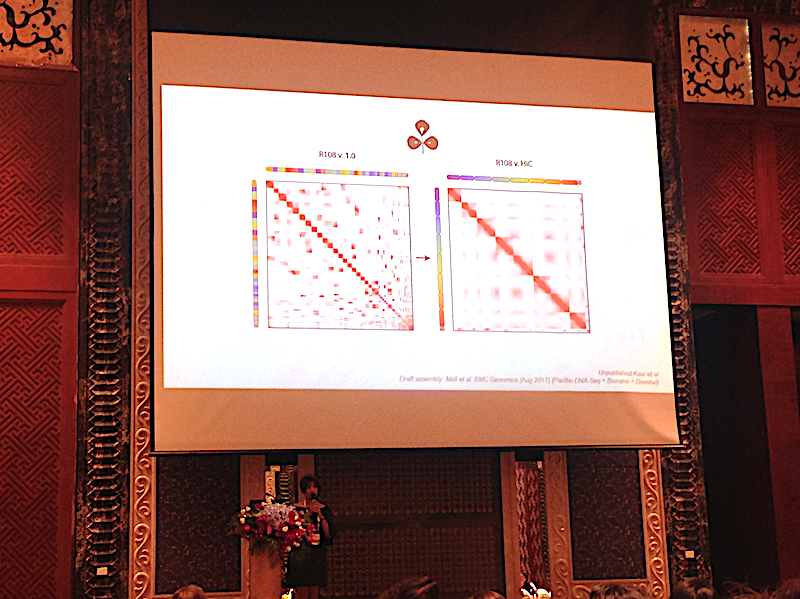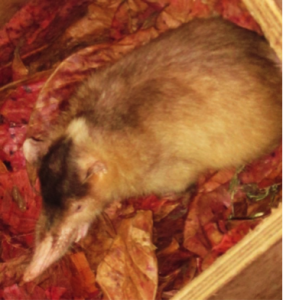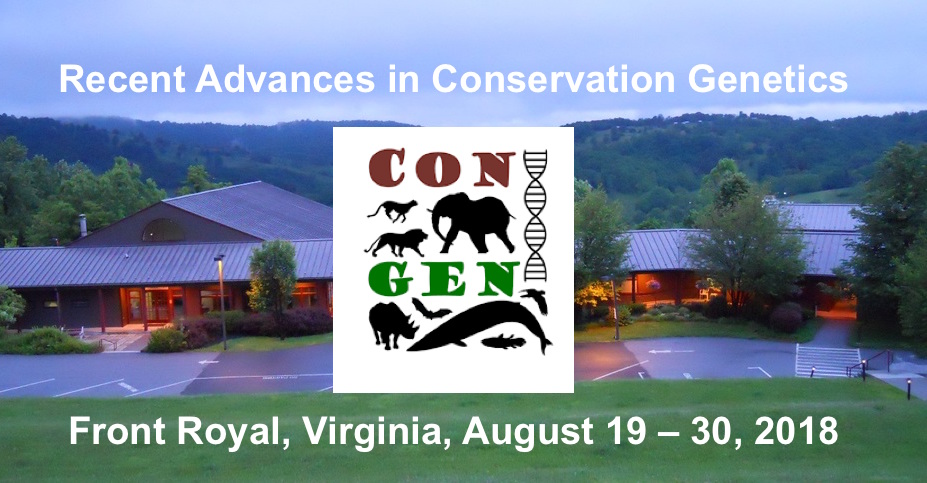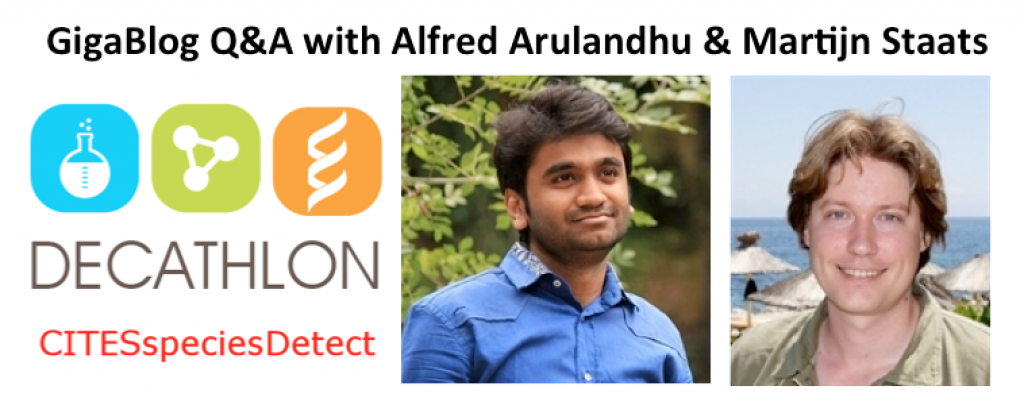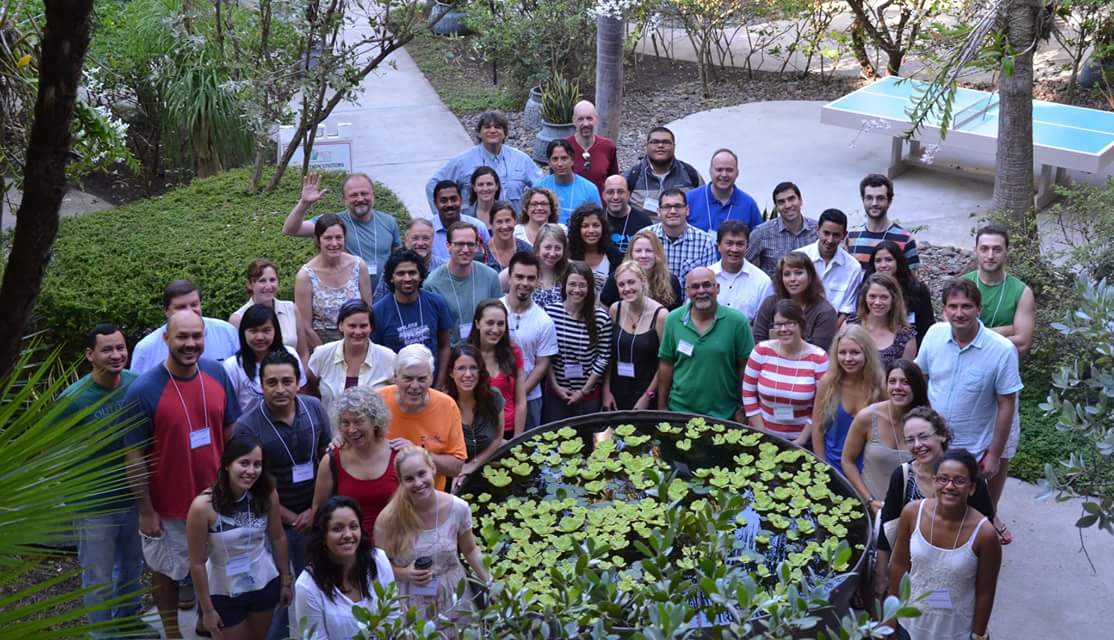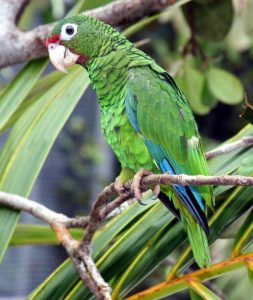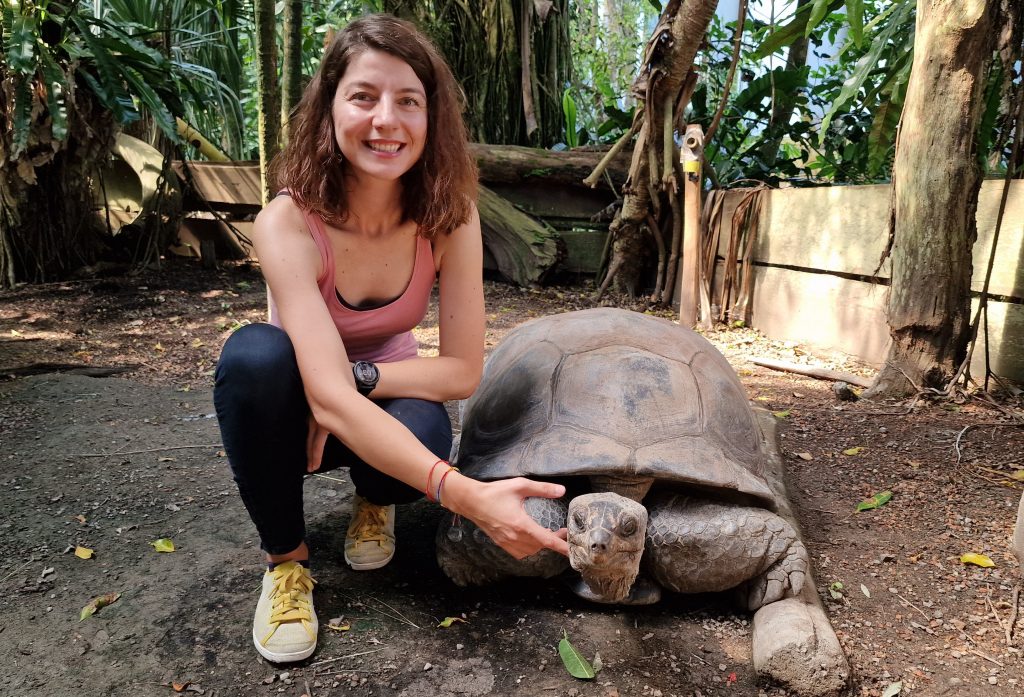
Researchers have completed and released a chromosome-scale genome sequence of the Aldabra giant tortoise providing a much needed genetic resource for rescue efforts . The Aldabra giant tortoise is one of only two giant tortoise species left in the world, and it is currently on the threatened list. Conservation efforts are underway, but more and better tools to improve the chance of long-term success are greatly needed.


